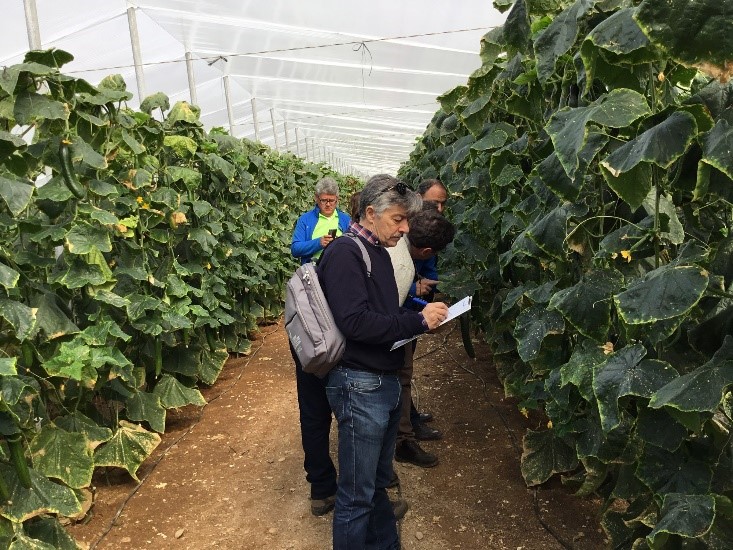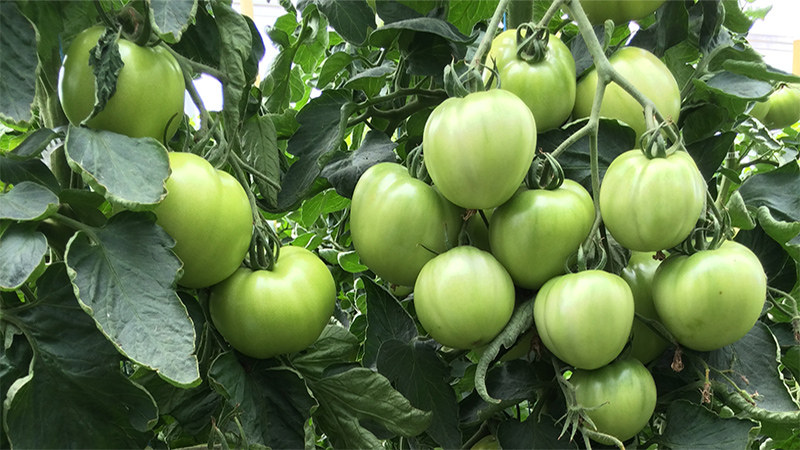The Tenuous Future of Glyphosate in Africa
A growing assault against glyphosate in the U.S. and Europe is threatening the future of the widely used weed killer in Africa due to the perceived concerns that it causes cancer.
The onslaught, which started with lawsuits in the U.S. before mutating to bans in Europe, is slowly gaining momentum, with regulatory authorities across the globe monitoring the unfolding events before deciding on the next course of action.
In Africa, a continent that largely gets precedent from the West, regulators have adopted a cautious approach while keenly following the events surrounding the controversial herbicide. This is despite pressure from civil society organizations to ban the weed killer developed by Monsanto.
German giant Bayer acquired Monsanto in a deal worth U.S. $62.5 billion in 2018 and is feeling the pressure of defending the product from mounting lawsuits, which currently number about 42,000 in the U.S. alone.
“We are monitoring the debate going on globally, but as far as we are concerned, glyphosate will continue to be available for use by farmers in Kenya because there is no scientific proof it causes cancer,” Peter Opiyo, Kenya’s Pest Control Products Board (PCPB) Managing Director, says.
Malawi is the only country in Africa that early last year temporarily suspended the importation of glyphosate before rescinding the decision.
Although glyphosate remains in use in Africa, the African Centre for Biosafety (ACB) is running a campaign to push governments on the continent to ban the product. “It is imperative that African leaders heed the precautionary principle now and take urgent steps toward protecting their people and the environments of which they are custodians against any further damage,” ACB stated in a petition.
Despite the growing attacks, Bayer maintains that Africa should desist from looking at events in other parts of the world but look at their own interests, bearing in mind the benefits of the herbicide in the continent’s agricultural sector and the fact there are not many viable alternatives.
In Africa glyphosate is the basis of a number of agriculture systems, particularly the conservation tillage, a technique in which farmers stop plowing and plant immediately after the previous harvest. The technique helps to preserve the soil structure, reduce erosion, and save fuel.
“Banning of glyphosate may happen. I cannot say that it cannot happen, but in case a country takes that decision, it will not be science based; it will be a political and emotive decision,” Eric Bureau, Bayer East Africa Managing Director, says.
In Europe and the U.S., politics and emotions have been the common denominator pushing the glyphosate ban, following a 2015 International Agency for Research on Cancer (IARC) study that classified glyphosate as probably carcinogenic to humans.
Numerous scientists have contested the study, including a joint Food and Agriculture Organization and World Health Organization review on the risks associated with glyphosate that concluded the herbicide is unlikely to pose a carcinogenic risk to humans through diet.
Also giving Roundup a clean bill of health have been the European Food Safety Authority, U.S. EPA, Australian Pesticides and Veterinary Medicines Authority, Canada’s Pest Management Regulatory Agency, Brazilian Health Regulatory Agency, and New Zealand’s Environmental Protection Authority.
This has not stopped Austria, Oman, Saudi Arabia, Kuwait, United Arab Emirates, Bahrain, Qatar, and many other countries from banning or imposing partial bans on the use of glyphosate and glyphosate-based herbicides. France and Germany have also embarked on the process of banning the popular weed killer, both announcing plans to stop its use in 2021 and 2023, respectively.
In the U.S., Bayer/Monsanto was ordered to pay $2 billion in damages to a man whose cancer was alleged to have partly been caused by Roundup herbicide, a ruling that opened a floodgate of lawsuits. The $2 billion was later reduced and is under appeal.
Despite its ban in some countries, and others lining up to halt its use, glyphosate is approved for use in more than 160 countries globally. “It is important to distinguish the position of science and regulatory authorities and the position of emotions in the public around the potential risks of cancer. What is clear is that science has demonstrated that Roundup is not carcinogenic and can be safely used,” Bureau says.
This is the position propagated by the Agrochemicals Association of Kenya (AAK), which reckons that, based on current scientific evidence, glyphosate-based products pose no undue health risks, including cancer, to the public. “There is overwhelming evidence from extensive scientific research involving more than 800 studies on the safety of glyphosate, which has led to the conclusions of regulators worldwide that glyphosate is not carcinogenic,” says Eric Kimunguyi, AAK Chief Executive Officer.
South Africa, which accounts for 2% of global pesticide use, is the largest consumer of pesticides in Africa, mainly because the country has adopted genetically modified organisms. The country has 96 glyphosate formulation-registered products.
In Kenya there are over 70 products registered containing glyphosate out of 1,540 pest control products approved for various uses in crop production. Forty-two of the 300 chemicals in the Uganda market are glyphosate-based. Based on the import permits and data the last two years, about 2.6 million kilograms of glyphosate-based products are imported in Kenya annually.
Statistics show the market value of glyphosate worldwide is forecast to increase from $8 billion currently to $10 billion by 2022.





